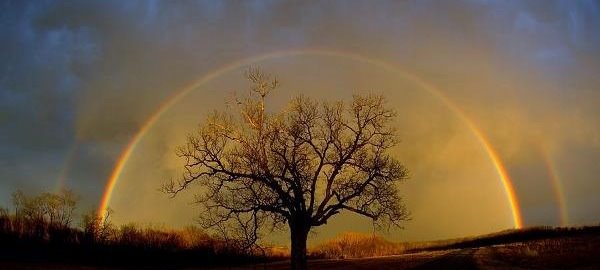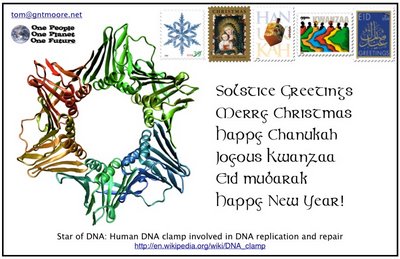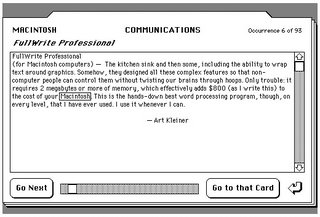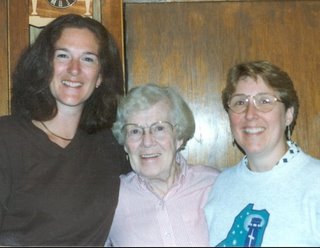Carl Sagan, gone for "ten trips around the Sun"
 Carl Sagan was one of the strongest and most enduring influences on my choice to pursue teaching and then science. His view of humans as "a way for the universe to know itself" echoed and extended themes I'd read in Alan Watts. Carl's many books and shorter articles guided and inspired me up through his untimely death. They shaped my interests and led me to specialize in the science of the solar system. Many were critical of what they saw as Carl's excessive participation in the cult of personality through the media. But from my perspective, Carl was the ultimate modern renaissance man, with interests that spanned the universe in a way that few others came close to expressing. He excelled not only in communicating the excitement of science to the general public, but also led a generation of scientists in seeing the broader relevance and impact of their work, helping us to get beyond the mentality of the cold war. David Morrison agrees. Carl is deeply missed.
Carl Sagan was one of the strongest and most enduring influences on my choice to pursue teaching and then science. His view of humans as "a way for the universe to know itself" echoed and extended themes I'd read in Alan Watts. Carl's many books and shorter articles guided and inspired me up through his untimely death. They shaped my interests and led me to specialize in the science of the solar system. Many were critical of what they saw as Carl's excessive participation in the cult of personality through the media. But from my perspective, Carl was the ultimate modern renaissance man, with interests that spanned the universe in a way that few others came close to expressing. He excelled not only in communicating the excitement of science to the general public, but also led a generation of scientists in seeing the broader relevance and impact of their work, helping us to get beyond the mentality of the cold war. David Morrison agrees. Carl is deeply missed.
There is a detectable web competition for the title of "Next Carl Sagan". It's a very tough act to follow on the world stage. But we do need others to tell us how wonderful is the world as revealed by science, how little we really need our illusions and superstitions, and how much more sound is a simple reverence for life and all the forces that have created it.
"We are made of star stuff." -- Carl Sagan








